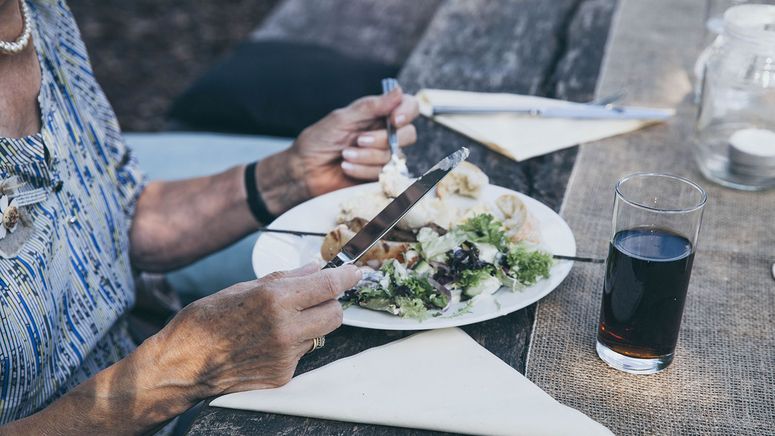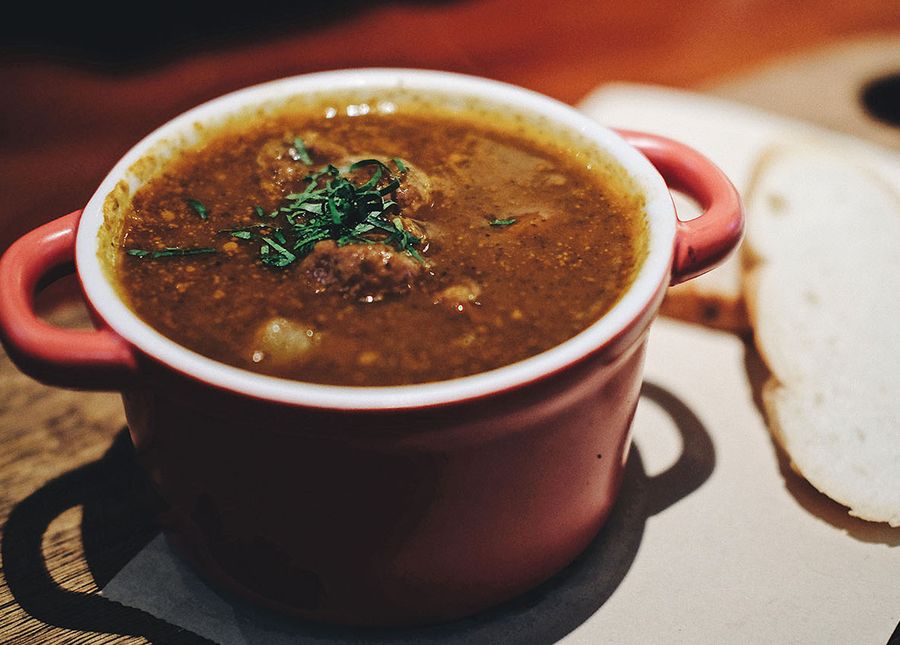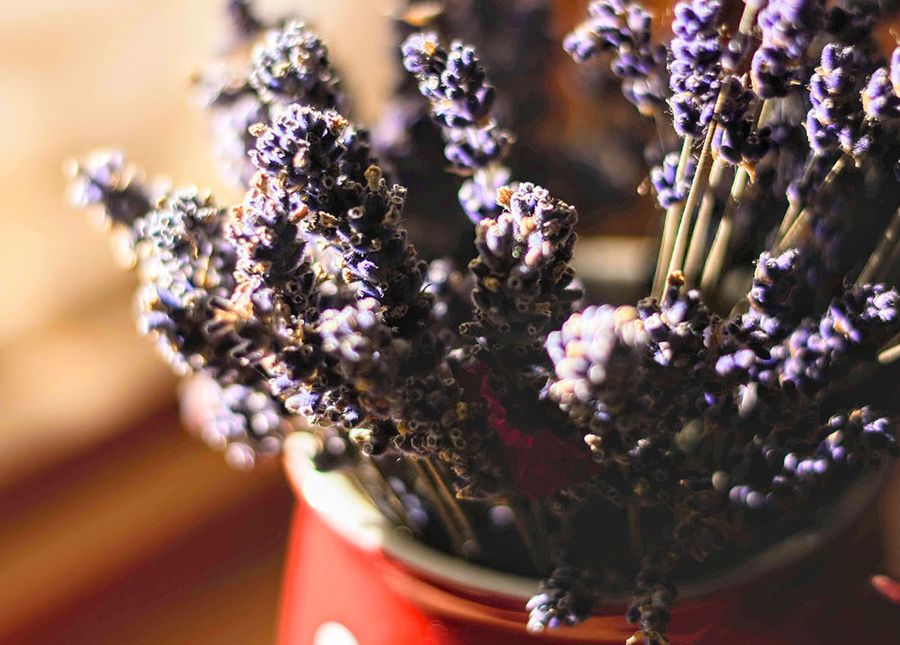In Australia, it is illegal to discriminate on the grounds of race, religion or sexuality, and everyone here has equal access to care services provided or financially supported by the government. So whether you’re from a particular cultural, language or religious background, or part of the diverse LGBTIQA+ community, there are residential aged care options available to you.
Culture and language
The Australian government has committed to ensuring equal access to care services for people from culturally and linguistically diverse backgrounds – inevitably known by the bureaucratic shorthand CALD.
In practical terms, this has meant financial and policy support to provide care services that take people’s religious and cultural beliefs and their language into consideration. With more than 20% of people in Australia speaking a non-English language at home, many residential aged care operators see the sense in recruiting staff who speak languages other than English.
Some geographical areas have larger populations of certain cultural or religious groups, and this can be a great place to start your search for a suitable aged care home.
When comparing homes, ask about the number of carers (and other residents) with the appropriate language skills and cultural awareness to offer you the best care possible.
LGBTIQA+
With significant changes in society’s understanding of sexual and gender difference, many residential aged care homes now offer support and services that were virtually non-existent just a few decades ago.
It is no longer the case that people enter a residential care home and jump straight back into the closet.
Many homes have carers who are trained and sensitive to the specific needs of some members of lesbian, gay, bisexual, trans/transgender, intersex, queer and other sexuality, gender, and bodily diverse people (LGBTIQA+) and communities. This care is important, as many older Australians will have suffered discrimination and fear in the past, and may be hesitant about discussing this important aspect of their identity.
Far from homogenous, needs differ from group to group and from individual to individual, and can include social, emotional, medical and care needs.
If you are one of the estimated 11% of Australians who are LGBTIQA+, you should feel free to discuss any specific care needs with aged care homes, and to compare homes based on their ability to provide the best care for you.




